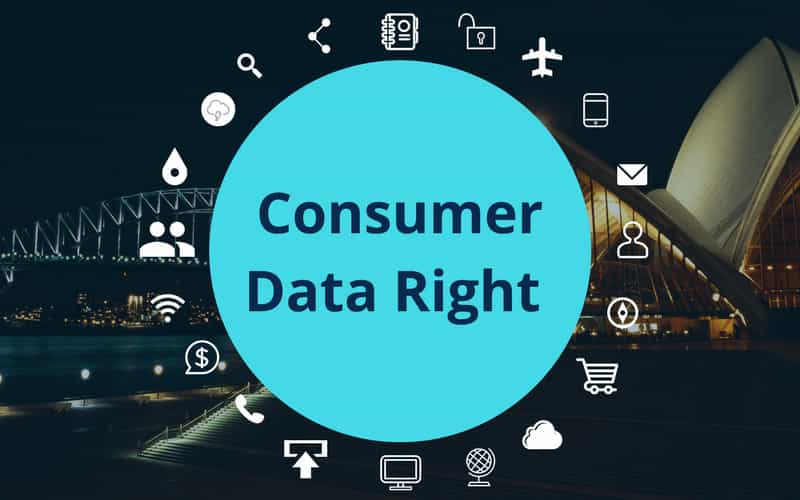The General Data Protection Regulation (GDPR) went into effect in May 2018 in the European Union. Its intent is to ensure the protection of personal data. Your business does not have to be EU-based to be subject to GDPR. However, if your website has consumers or visitors from the EU and collects and tracks their data, you must follow the rules. A digital marketing agency in NYC can help ensure that your website complies with all relevant data privacy laws and regulations.
Avoid being fined
GDPR is complicated and it can be challenging to determine if your website is fully compliant or not. But failing to comply with GDPR and other data privacy laws can mean legal trouble. The fines for violations are pretty steep. That’s because the law aims to make non-compliance an expensive mistake, regardless of the size of the erring business.
Even ‘less severe’ infringements could result in up to 10 million Euros in fines or two percent of the company’s worldwide annual revenue from the preceding financial year, whichever is higher. ‘Serious’ infringements could result in up to 20 million Euros in fines or four percent of the company’s worldwide annual revenue from a preceding financial year, whichever amount is higher.
Aside from losing money, your brand can also lose its reputation if you violate data privacy laws and GDPR guidelines. A digital marketing agency in NYC can help verify and improve your GDPR compliance so that you can avoid these issues.
Steps to ensure compliance
Your digital marketing agency in NYC will likely recommend specific measures and practices to ensure your GDPR compliance. Here are some of them:
1. Show privacy notices
You should provide updated privacy notices to clients regarding how you collect and use their personal data. In this context, ‘personal data’ pertains to any personal information about an individual—whether that information is private, public, or relating to their professional life in any way. It can include details like their residential and email address, IP address, browser history, banking and medical information, and social media posts.
Privacy notices must inform customers and visitors about why you are collecting their data, how long you plan to keep it, what you plan to do with it, where you will store it, and how they can access it. Moreover, customers and visitors must confirm that they understand and accept that you are obtaining and potentially sharing their personal data.
2. Take security seriously
Data privacy and security must always go together. By working with a reliable digital marketing agency in NYC, you are taking responsibility to ensure that your customers’ or visitors’ personal data remains private and secure and won’t go to third parties not specified on your privacy notice.
To do this, you will want to ensure that all data is encrypted, emails are secure, and that you are investing in high-quality IT security and data management solutions. Keep in mind that you will still be responsible if a hacker manages to take control of your data.
3. Always be steps ahead of attacks or security breaches
Lately, incidents of data breaches and hacking have been increasing because cybercriminals are always ahead of technology. Even if you have the most robust security measures to keep them away, a security breach is still possible at any time. Therefore, it’s prudent to have a good plan of action in case data is compromised. Make sure that the plan clearly states the steps you will take to find and stop a potential breach and how you intend to avoid similar incidents down the line.
4. Delete customer data
GDPR compliance also involves deleting the personal data of your clients if they request it. Under new privacy laws, your customers and visitors have that right in some instances. Ensure you know how to show proof of deletion to customers and when you are not required to delete that data.
Get advice from professionals
These are just some of the ways you can ensure GDPR and data privacy compliance. If you are building or improving your website, consider consulting with a digital marketing agency in NY. They can recommend actions for improving your website’s security and privacy.
About the Author:
This article is by Ray Shah, Founder of Think Design. Think Design is a New York-based company that provides web consulting services, business consulting, UX strategy, site optimization, WordPress, content delivery, and e-commerce for businesses.


